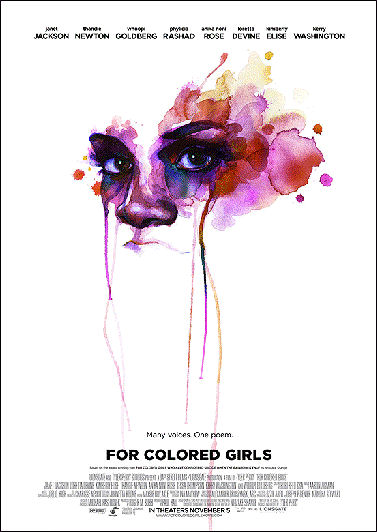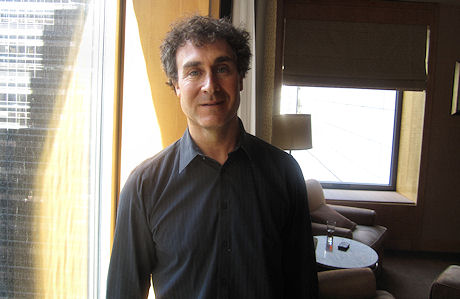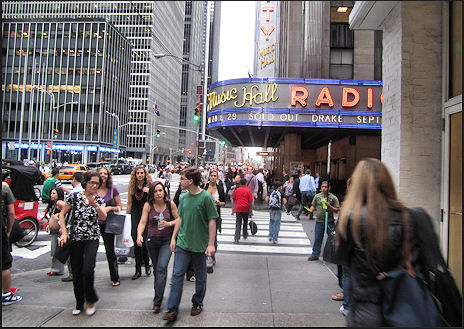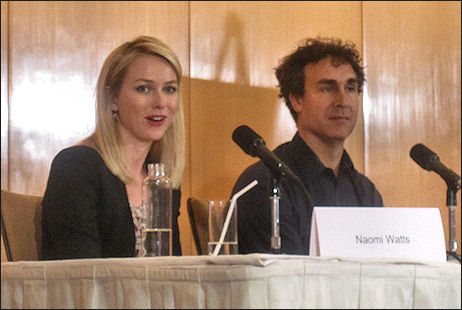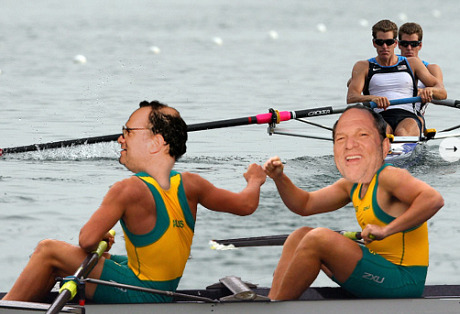The American moviegoing public has decided to give The Social Network a first-weekend tally that’s either (a) a little bit better than Wall Street 2, or roughly a three-day tally of $21 million, according to box-office analyst Steve Mason, or (b) closer to $25 million, based on reported Friday earnings of $8.5 million, according to a box-office analyst Nikki Finke.
$25 million is cool, but it still doesn’t fully calculate given universal hosannahs from every critic (except Armond White and a couple of others) and talk in every corner of the room of The Social Network being the Best Picture contender to beat. None of that means diddly squat to Archie and Reggie and Susie Creamcheese in Flyover, USA.
What’s happening? A lot of people out there are saying what a youngish woman told me in a Lincoln Center-area Starbucks about a week ago: “I spend too much time as it is on Facebook…I’m not sure I want to see a movie about it.” And if there’s one guiding principle that many younger filmgoers live by, it is to not read reviews or even follow the lead of the aggregate numbers at Rotten Tomatoes and Metacritic and go only by their gut (and what their friends say) in deciding what to see.
$21 million isn’t bad — it’s fine — but $25 million would be better. A significant portion of the public (i.e., the smarter, big-city, more engaged sector that reads reviews and picks up on what’s happening) is obviously responding. And there’s always the chance that The Social Network business could uptick today as it’s skewing a bit older and the 25-plus crowd tends to wait until Saturday or Sunday to see new films.
Finke reported last night “the reason may well lie in the film’s elitism which may be keeping more mainstream audiences away.” Elitism? As in “not dumb enough”? “Left coast, right coast, and a smidge of Chicago only,” a rival studio exec told Finke late last night. “The rest of the country could care less.”
Fandango numbers on 9.29 (with Social Network advance sales accounting for 32% of the total) suggested a weekend tally in the low 20s. “If it was selling 50% to 60% of the total right now, we’d be looking at the mid to high 20s,” an analyst told me. “But a lot of openings have been mild recently. Wall Street 2 only did $19 million or thereabouts, so I wouldn’t forecast too high a figure for Social Network — I’d pull back a bit.”
My 9.29 conclusion: “In Planet of the Earth terms, The Social Network is a movie about orangutans that was made by orangutans, and which is aimed at an orangutan and chimp audience. What Fandango is telling us is that so far the gorillas haven’t gotten on board.”
